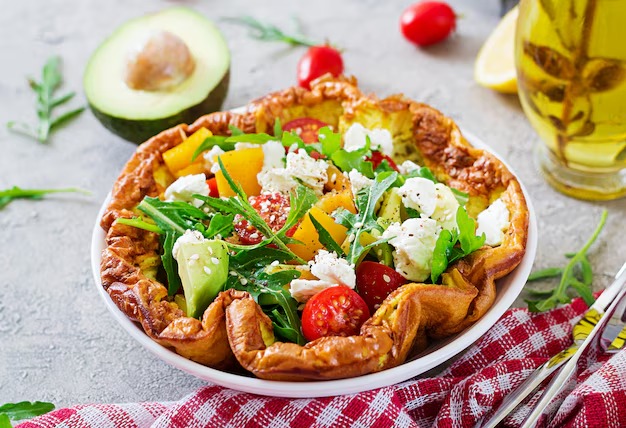How to Make Food More Sustainable
The global food system faces immense challenges, from climate change and resource depletion to food waste and inequitable access. Making food more sustainable isn’t just an environmental imperative—it’s a necessity for ensuring long-term food security and public health. Here’s a comprehensive look at actionable steps individuals, communities, and businesses can take to create a more sustainable food future.
1. Prioritize Plant-Based Diets
Shifting toward plant-based eating is one of the most effective ways to reduce the environmental impact of food production. Livestock farming accounts for a significant portion of greenhouse gas emissions, land use, and water consumption. By incorporating more fruits, vegetables, legumes, and whole grains into meals, individuals can lower their carbon footprint.
Examples:
- Replace beef with lentils or mushrooms in stews and burgers.
- Experiment with tofu, tempeh, or chickpeas as protein alternatives.
- Choose oat or almond milk over dairy for coffee and cereals.
2. Reduce Food Waste
Approximately one-third of all food produced globally goes to waste, contributing to unnecessary emissions and resource depletion. Tackling food waste requires mindful consumption and better storage practices.
Actionable Tips:
- Plan meals ahead and buy only what you need.
- Store perishables properly—use airtight containers, freeze leftovers, and keep produce fresh with humidity-controlled drawers.
- Repurpose scraps: vegetable peels can become stock, stale bread turns into croutons, and overripe fruit works well in smoothies or baking.
3. Support Local and Seasonal Produce
Transporting food over long distances increases carbon emissions. Buying locally grown, seasonal food reduces the environmental toll while supporting regional farmers.
How to Implement:
- Visit farmers’ markets or join a community-supported agriculture (CSA) program.
- Learn which crops are in season in your area and base meals around them.
- Preserve seasonal abundance through canning, fermenting, or freezing.
4. Choose Sustainable Protein Sources
Not all proteins have the same environmental impact. Opting for sustainably sourced options can make a substantial difference.
Examples:
- Select seafood certified by organizations like the Marine Stewardship Council (MSC) to ensure responsible fishing practices.
- If consuming meat, choose pasture-raised or grass-fed options, which often have a lower ecological footprint than factory-farmed alternatives.
- Explore underutilized proteins like algae or insects, which require fewer resources to produce.
5. Minimize Packaging and Single-Use Plastics
Food packaging contributes significantly to pollution. Reducing reliance on disposable containers and opting for reusable or compostable alternatives can help.
Strategies:
- Shop at bulk stores using your own containers.
- Choose products with minimal or biodegradable packaging.
- Carry reusable bags, jars, and utensils when shopping or dining out.
6. Grow Your Own Food
Even small-scale gardening can reduce reliance on industrial agriculture while providing fresh, organic produce.
Getting Started:
- Plant herbs on a windowsill or tomatoes in containers if space is limited.
- Join a community garden to cultivate larger crops like squash or beans.
- Compost kitchen scraps to create nutrient-rich soil for your plants.
7. Advocate for Systemic Change
Individual actions matter, but broader policy and industry shifts are crucial for large-scale sustainability.
Ways to Engage:
- Support legislation that promotes regenerative farming, reduces food waste, or limits harmful pesticides.
- Encourage restaurants and grocery stores to adopt sustainable practices, such as offering plant-based defaults or eliminating plastic packaging.
- Educate others about the importance of sustainable food choices through social media or community events.
Conclusion
Sustainable food practices benefit the planet, public health, and future generations. By making conscious choices—whether through diet adjustments, waste reduction, or supporting ethical producers—everyone can contribute to a more resilient food system. Start small, stay consistent, and remember that collective action drives meaningful change.



